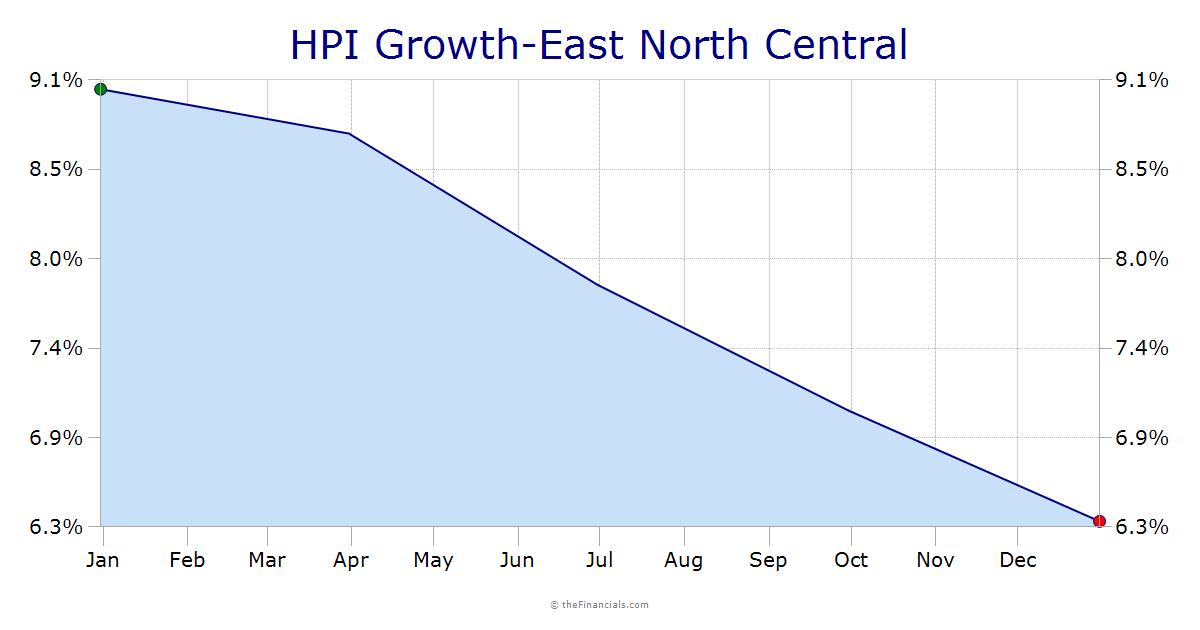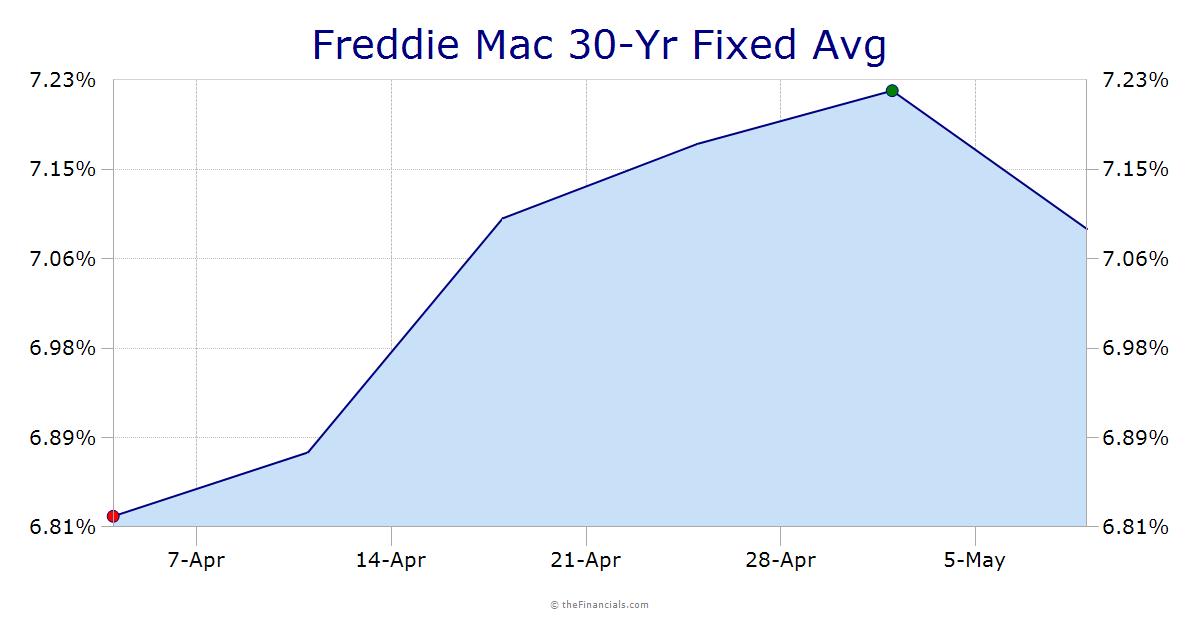by Russ Wiles The Arizona Republic Jul. 25, 2010 12:00 AM
The current economic recovery has been weaker than normal coming out of a recession. Which raises the question: Are stock-market investors facing subpar returns for the next several years?
The headwinds from the debt overhang, real estate and banking woes, an aging population, possible tax hikes and other obstacles present some stiff challenges.
While viewpoints vary, the general mood indeed seems to be one of reduced expectations.
"If we're paying off all that debt from before and not taking on as much debt now, our economic growth will be slower," said Steve Puhr, an investment consultant and former portfolio manager and analyst who lives in Anthem.
"Retail investors, who are now less willing to take risks, will be slow coming back to stocks."
Puhr sees stocks posting average annual returns of 5 to 7 percent or so over the next decade. While not disastrous, that would be well below long-term average of around 10 percent.
With performance likely to be on the weak side, Puhr suggests investors make sure they're not paying too much in the way of shareholder-borne costs that can trim returns.
Many others also see subpar returns in a lackluster economic climate.
"Returns might be less than the normal historic average around 10 percent a year," said Keith Wibel at Foothills Asset Management in Scottsdale.
He sees stocks generating returns of 6 to 7 percent, including dividends. "That's not great but not horrible, either," he said.
Jeremy Grantham, chief investment strategist at asset-management firm GMO, expects "high quality" large stocks - those with low debt, strong franchises and other admirable qualities - to return about 7.3 percent a year above the inflation rate over the next seven years and stocks in emerging markets to perform almost as well, at 6.6 percent above inflation.
Given his inflation forecast of 2.5 percent a year on average, that implies nominal returns of 9 to 10 percent - not bad.
But Grantham expects other equity groups to lag considerably, including large stocks at 2.9 percent above inflation and small stocks at just 1.1 percent above inflation, which would equate to nominal returns in the range of 3 to 5 percent a year.
Grantham is even more uninspired about bonds, expecting certain categories, such as U.S. Treasuries, to post slightly negative results ahead.
"Fixed income is desperately unappealing," he wrote recently.
But not everyone agrees that slow economic growth, if it indeed persists, will translate into low stock-market returns.
For example, the Vanguard Group sees returns coming in at fairly normal levels in coming years.
"In light of the secular economic headwinds . . . this expectation for stock returns may come as a surprise," Vanguard said in a new report. "However, investors must recognize that low (economic) growth expectations for the U.S. and developed markets do not necessarily correlate with low stock returns going forward."
Rather than the economy, Vanguard cites market valuations such as dividend yields as more critical in predicting returns.
Consensus expectations for the economy already tend to be reflected in stock prices and thus have little impact on future returns, Vanguard argues.
The company sees a better than a 60 percent chance that U.S. stocks will post average returns between 4 and 16 percent annually over the next decade and a better than a 50-50 chance that equities in developed foreign markets will do the same.
Vanguard warns against betting the farm on stocks in emerging nations, even though their economies could be relatively robust, since prices already reflect this.
Vanguard also expects bond returns to be subdued, likely averaging between 2 and 5 percent annually in coming years, including interest.
Speaking of bonds and stocks, researchers at Ibbotson Associates last year issued a report expressing their belief that stocks will outperform fixed-income investments in the years ahead, even though bonds had just beaten stocks over the prior decade.
The firm still clings to that view.
"Long term, we continue to think that, with yields where they are, it's unlikely bonds will outperform stocks over a 10-year horizon," said Tom Idzorek, Ibbotson's chief investment officer.
While he cited concerns about the impact a dull economic recovery might have on stock returns, Idzorek discourages investors from trying to time the market for this or other reasons.
"People should be more concerned about whether they have an appropriate mix of stocks, bonds and cash," he said.
And that means a portfolio they can live with, even when the economy is just limping along.
Slow recovery may signal weak stocks
Sunday, July 25, 2010
Real Estate News
Reuters: Business News
- 👉 A major cyber attack under way. A sophisticated state-based actor is targeting all levels of Australian government and a range of... via Hvper.com - 6/19/2020 -
- 👉 Police officers shoot and kill Los Angeles security guard: 'He ran because he was scared' via Hvper.com - 6/19/2020 -
- 👉 People Are Filming Creepshots of Women at BLM Protests via Hvper.com - 6/19/2020 -
- 👉 "I want you to look me in my eye and say that you're sorry": Man who lost his eye protesting says he demands a response from the mayor via Hvper.com - 6/19/2020 -
- 👉 Facebook Removes Trump Political Ads With Nazi Symbol. Campaign Calls It An 'Emoji' via Hvper.com - 6/19/2020 -
National Commercial Real Estate News From CoStar Group
- Experts share best practices for hotel design that promote flexibility, timelessness - 8/21/2025 - Bryan Wroten
- Cushman & Wakefield picked by Woodside Energy for real estate services across 14 countries - 8/21/2025 - Paul Norman
- New investor shares his story of securing the initial capital for a hotel fund - 8/21/2025 - Natalie Harms
- Amazon-backed housing development breaks ground east of Seattle - 8/20/2025 - Randyl Drummer
- Hyundai inks one of Southern California’s largest office leases of the year - 8/20/2025 - Katie Burke
Latest stock market news from Wall Street - CNNMoney.com
- Barnes & Noble stock soars 20% as it explores a sale - 10/3/2018 -
- Toys 'R' Us brand may be brought back to life - 10/3/2018 -
- Honda teams up with GM on self-driving cars - 10/3/2018 -
- Aston Martin falls 5% in London IPO - 10/3/2018 -
- JCPenney names Jill Soltau as its new CEO - 10/2/2018 -
Archive
-
▼
2010
(632)
-
▼
July
(34)
- Can Housing Lead the Recovery? - CNBC.com
- Goldman Sachs sent federal bailout billions overseas
- Slow recovery may signal weak stocks
- Land near stadium near foreclosure
- Feds won't go after exec pay
- Foreclosure-relief effort failing many
- Plans for luxury apartments spark downtown height ...
- Sunbelt buys up SunCor holdings
- Sense of unease gripping Wall Street
- Goldman Sachs to Pay Record $550 Million to Settle...
- Senate Passes Sweeping Finance Overhaul - WSJ.com
- Federal housing program complicates short sales
- FDIC gains expanded power to conduct bank reviews ...
- Fed to banks: Lend more to smaller firms
- Credit scores falling for millions of consumers
- Last big Queen Creek farm yields to homebuilders
- Tax credit’s end slicing housing demand - Phoenix ...
- 2 development projects OK'd
- Stimulus used to rehab homes
- Phoenix bankruptcy rates improved in June
- Mesa may focus on abandoned homes with property or...
- Late loan payments fall, scene improving
- Housing market is mixed bag
- Seattle firm sees potential in Valley
- Sale of Pinal County land could fetch $2 mil for city
- Gold to Decline on Fading Inflation Outlook, Portf...
- The new global opportunity
- Missed deadline will cost mortgage brokers business
- Mesa high-rise in foreclosure
- Short sales up, foreclosures down in Valley housin...
- Northeast Phoenix home sales up but not prices
- Plan calls for luxury condo complex in Scottsdale
- April home prices up, may not last
- Mechanic's lien can spur foreclosure suit
-
▼
July
(34)
Recent Comments
- Влагостойкая фанера ФСФ - область применения http:... - 12/8/2022 - Anonymous
- Особенностью ламинированной пленки есть не только ... - 12/3/2022 - Anonymous
- Значительная часть возможностей портала Лиопал пре... - 11/11/2022 - Anonymous
- Опытный штат работников компании Liopal сможет соз... - 11/10/2022 - Anonymous
- можно ли пробить номер телефона - 11/2/2022 - Anonymous







